MANILA, Philippines – Uche Orizu is the most courageous person I have ever known. The gold standard. Whenever I hear people say, “I have guts” or “I have big balls” or “I have courage,” I always think of Uche. And I wonder if they could pass the Uche test. Most can’t. Uche did not go around bragging about her courage. She just lived it.
I met Uche on the streets of Lagos in 2010. We were both runners. She was a tall, beautiful Nigerian Igbo runner. Talented as could be. She was cultured and brilliant. Studied in the USA. Had a great job in procurement with Exxon. In a world of so much graft, corruption and easy money, she had the integrity to stay clean. She so impressed me. So much so that I tried to convince her to join me in Coke/NBC, for a big raise and promotion.
She was tempted. But I will never forget the note she wrote me after some reflection:
“Jim, I am so honored. And I would love to work for you. But I gave my word to Exxon. They sent me to the USA, they invested in me. I owe them the three-year return on investment. I have to be honorable. So despite my attraction in working for you, the money and the promotion, I have to do what is right. I will stay. But I hope in a few years’ time the offer is still on the table!”
I was so impressed. We live in a microwave society, where everyone wants everything “cooked fast,” from promotions to salary to weight loss! And here was this honorable woman, in a very tricky world in Nigeria, living such a code of honor. Wow. I was certainly willing to wait for Uche!
Fast-forward to June 2011. We were in the midst of a Saturday 20-km run in Lagos, and when we stopped for a water break just across Falomo Bridge, Uche came up to me to request we talk in private after the run. I, of course, agreed. When we met, she noted she had been diagnosed with some ovarian cysts, and asked what she should do: treat them in Nigeria, or if she had a chance, go to the USA? I told her, in my view, given it involved her reproductive system, to take no risks — and go to the US as soon as she could.
She replied that she would, but only after the Women’s Empowerment run next weekend, which was important to her. We were all a part of this race, the first-ever women’s-only empowerment run in West Africa and organized by our dear friend Esther Obiekwe. So she would put off her trip until after this race. To show her support for the cause.
A week passed by and Uche showed up on race day, ready to run with 500 other women. She was in a field with professional women, members of the national team. And here she was, a professional procurement officer in a multinational, with a significant health problem. But she was there and ready. And run she did.
The picture accompanying this article is of Uche just after she ran that morning.
The next day she flew to the US. A week later she sent an e-mail that said that the doctors were wrong. She did not have ovarian cysts. What they thought were cysts were actually tumors from her colon that had spread to her surrounding organs. Cancer. Stage 4, the most severe form. A cancer that had spread to additional organs and tissues.
Uche fought the brave fight with dignity and honor. As usual, always putting others first and taking her situation with stoicism and faith. She was a glowing example of the greatness of Nigeria.
She died four months ago. Just shy of her 35th birthday, which was Feb. 11 last week.
The next time you hear someone harp on their own toughness, think of Uche. The next time you have a chance to “look out for yourself” and take the money or the promotion, and screw whoever you can to get it, think of Uche. The woman who did the right thing. Had honor. And in a world where many “take the money,” she chose to do the right thing.
And when it comes to physical tolerance of pain, and the courage associated with that, I want you to think of Uche. You can take all the self-professed Ironmen and ultra marathoners, and put them to the side. All due respect. I will hold Uche Orizu up as the icon of courage in taking the pain.
Because that day, June 18, 2011, Uche Orizu ran in a women’s empowerment five-km race against 500 other women with stage-four cancer all through her body. She was dying and did not even acknowledge it.
